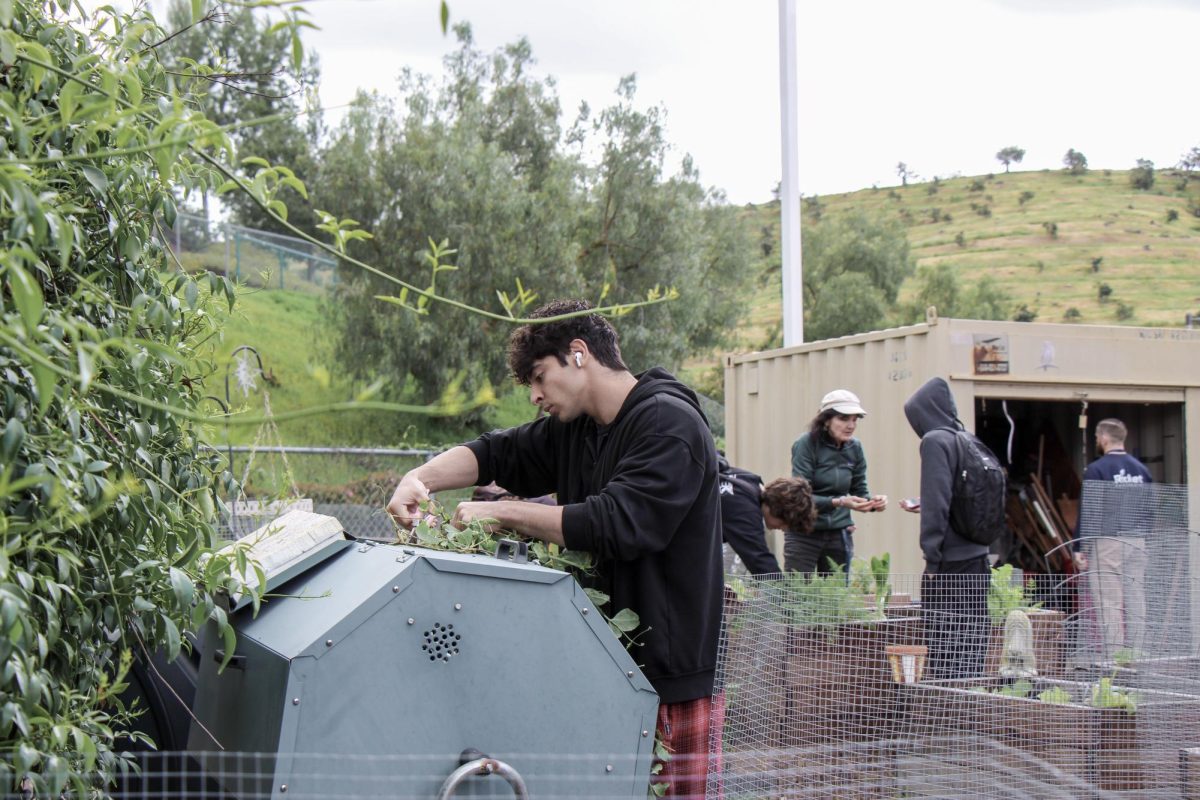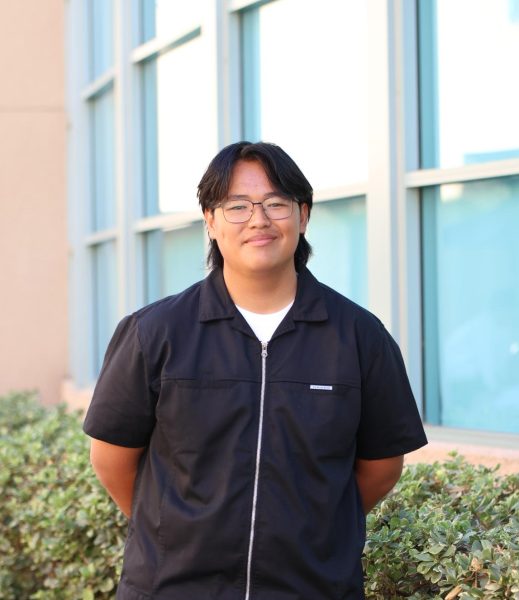Students have spent the majority of their science education learning about the same three subjects: biology, chemistry and physics. For those curious about different specialties and questions in science, there’s often not an outlet to fulfill these interests.
With a variety of non-AP science courses offered at Northwood, unconventional science subjects allow students to develop a deeper understanding of topics they’re truly passionate about. While there can sometimes be pressure to take AP classes, these unique sciences provide increased exposure to specialized fields that can spark interest in pursuing a career within that field and help students to explore unique perspectives that they may not be able to explore in rigid classes.
AP classes are obligated to follow College Board standards and prepare students for AP exams, leaving little room for expanding upon topics or learning applications and approaches to concepts. Being a part of the AP program can force students to have a one-track goal of passing their AP exam or getting a good grade in order to boost their GPA.
Academic achievement is great to strive for; however, the purpose of education is to broaden students’ exposure so that they can develop a clearer understanding of what they want to pursue after graduating, which sometimes cannot be fulfilled through AP classes.
“[Non AP science courses] give a setting away from the competitiveness of others, making it a class that’s genuinely enjoyable and not too much effort, especially in psychology where there are more experiments or note-taking,” Psychology student junior Megan Pham said. “It has given me a better understanding about how people act, understanding that everyone has a reasoning to why they are like that.”
AP classes tend to move at an accelerated pace, which is often not ideal as students are taught complicated material too quickly, causing a struggle to retain information as they rush to learn the next topic. A slower, less stressful class is more suited for students who prefer diving into the content without additional pressure of an AP exam.
“Taking Horticulture is so much less stressful,” senior Ginee Hong said. “All I have to worry about is if my plants are being fed and taken care of and it’s so much more relaxed. It has definitely helped me with my patience since I have to wait so long for an actual product, which is more rewarding.”
Even students who are in AP science classes can benefit by taking non-AP science classes in conjunction, as it allows a deeper understanding of specific topics that overlap with the AP curriculum, providing different perspectives of the same topic. Taking two classes that discuss similar concepts can make both classes easier and provide a more holistic view on the subject.
“It’s helped reinforce a lot of ideas from my bio class,” Anatomy and Physiology student senior Muhanad Hilal said. “A lot of the material overlaps so it’s helpful to go through it in two different classes because then I can make sure I retain everything that I learned, especially with things like cellular respiration that can be very detailed and complicated.”
For those who feel a non-AP class better suits their interests and learning style, consider enrolling in the future. These classes include IS3, FORCE, Geology, Anatomy and Physiology, Horticulture, Introduction to Engineering, ICE and Marine science. More information is available at northwoodhigh.iusd.org or at elective expo being held on April 16 and 18 during tutorial.





















































